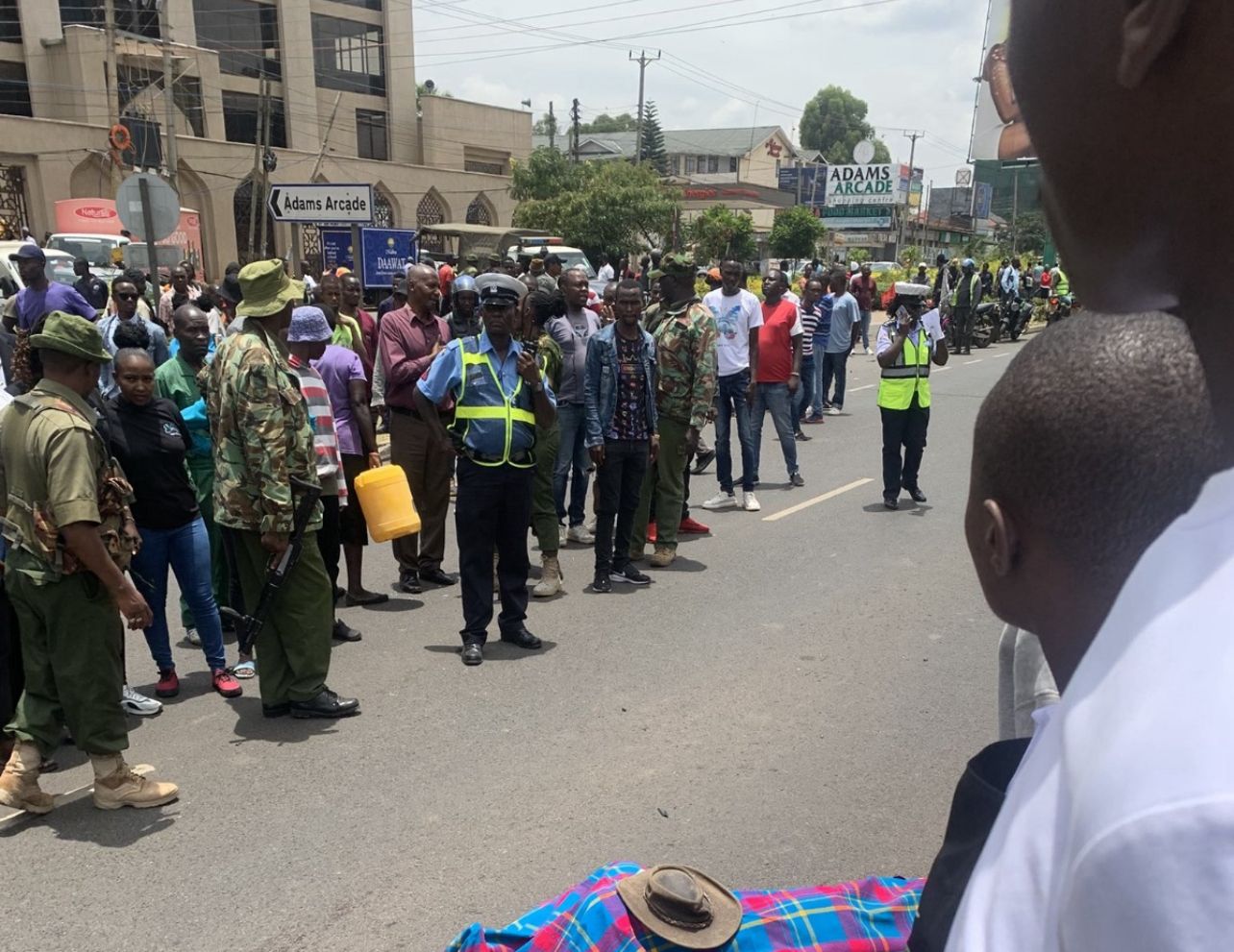Authorities have identified the British national killed in a fatal road accident near Adams Arcade, Nairobi, on Thursday as Edgar Charles Frederick, 79.
In an update on the fatal crash on Friday, National Police Service (NPS) Spokesperson Muchiri Nyaga said that Frederick was struck by a government vehicle attached to the Nairobi Regional Coordinator’s office.
The driver of the vehicle, who was arrested following the incident, was freed on cash bail and is expected to be arraigned in court.
“The driver of the government motor vehicle attached to the Nairobi Regional Coordinator’s office is out on cash bail, awaiting arraignment in court,” Nyaga said.
He further confirmed that Frederick’s next of kin has been informed of the tragic accident.
His body had since been moved to Lee Funeral Home, where a post-mortem examination is set to be conducted.
Nyaga also said the police had inspected the vehicle involved in the accident and taken necessary procedural actions as investigations continue.
The victim was hit by a vehicle in President William Ruto’s motorcade along Ngong Road.
The accident occurred near Adams Arcade as the presidential convoy was traveling from Lang’ata toward Kibra as part of President Ruto’s week-long development tour.
Witnesses said the victim was attempting to cross the road when he was struck by a speeding government vehicle.
The driver reportedly did not stop after the incident, causing chaotic scenes as bystanders attempted to assist the victim.
Emergency responders arrived at the scene, but the victim was pronounced dead. By






